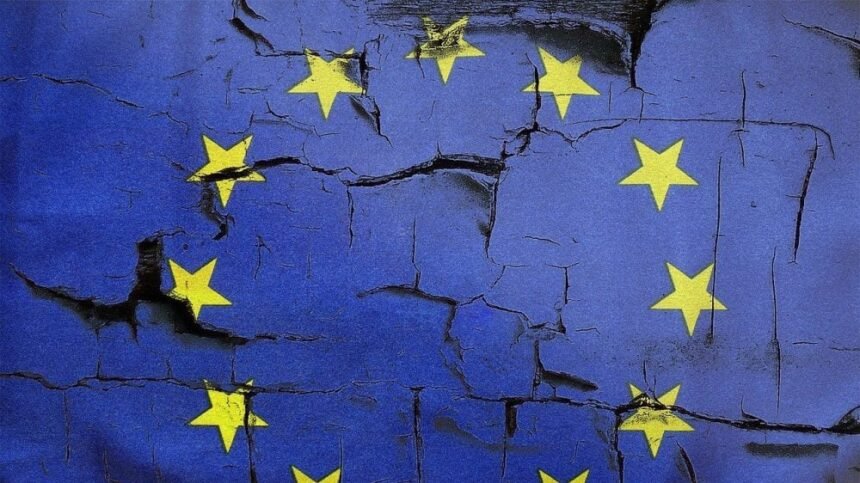The European Union has stated that measures such as the revocation of citizenship or expulsion, particularly concerning members of Serbia’s Ministry of Internal Affairs residing in Kosovo, should be a last resort and undertaken only after due legal process, reports RFE.
In a written response to Radio Free Europe, an EU spokesperson emphasized that any measures for citizenship revocation or expulsion must comply with the European Convention on Human Rights, specifically Article 8, which requires an individual assessment based on evidence, balancing national security with the person’s private and family life.
“We are closely monitoring the arrests and expulsions. We have asked the Kosovar authorities to ensure a fair process, respect fundamental human rights standards, and guarantee legal remedies for the affected individuals,” the EU’s response stated.
Kosovo’s Justification and International Concerns
Since June 15, Kosovar authorities have expelled five members of Serbia’s Ministry of Internal Affairs residing in Kosovo, citing them as a “threat to national security.” Acting Minister of Internal Affairs, Xhelal Sveçla, previously stated that the decision to revoke citizenship was made based on the Law on Citizenship, relevant sub-legal acts, and institutional recommendations.
The German Embassy in Kosovo has also stressed that sensitive decisions like citizenship revocation and expulsion must be made in accordance with all legal provisions, including the European Convention on Human Rights. They added that affected individuals must be ensured full access to legal counsel and opportunities for legal appeal.
The Italian Embassy in Kosovo is also closely following the situation regarding the expulsion of Serb police members, as well as the arrest of former Kosovar police officer, Arbnor Spahiu, in Serbia. “Our call to both parties is to act in full respect of the rule of law and to refrain from actions that could lead to an escalation of tensions,” the Italian Embassy’s response noted.
Related Arrest and Serb Community Reactions
On June 7, Arbnor Spahiu, a former member of Kosovo’s Special Police Unit, was arrested in Serbia. He is accused of “aggravated murder in Banjska” in September 2023, when an armed group of Serbs attacked Kosovo Police, killing one sergeant. Three Serb attackers were killed during the exchange of fire. Spahiu’s lawyer, Arianit Koci, stated that his client is accused of killing the three Serb attackers in Banjska.
The Organization for Security and Co-operation in Europe (OSCE) mission stated they lack complete information regarding the expulsion of Serbian Interior Ministry members and the revocation of Kosovar citizenship, thus unable to comment on specific cases. However, the OSCE is closely monitoring the situation. “We emphasize that in such situations, institutions must adhere to the rule of law and due legal process, in accordance with international law,” the OSCE stated.
Meanwhile, a group of Serbian non-governmental organizations reacted on June 18, expressing “deep concern about the recent practice of expelling Serbian nationals with permanent residency and families in Kosovo, without prior citizenship revocation, without trial, and without the right to appeal.”
Serbia’s Office for Kosovo interpreted these actions as a “policy of persecution of a people and ethnic cleansing of Serbs.” They added that they are in direct contact with EU representatives and have informed international representatives about all developments.
Kosovo Law on Citizenship
According to Kosovo’s Law on Citizenship, a person loses citizenship if they engage in activities that undermine Kosovo’s national security, or if they intentionally join an organization aimed at overthrowing or damaging Kosovo’s constitutional order. The same law stipulates that a person may lose citizenship if they are a member of another state’s intelligence service or police force without the consent of local authorities or if such action is not permitted by international agreement.







